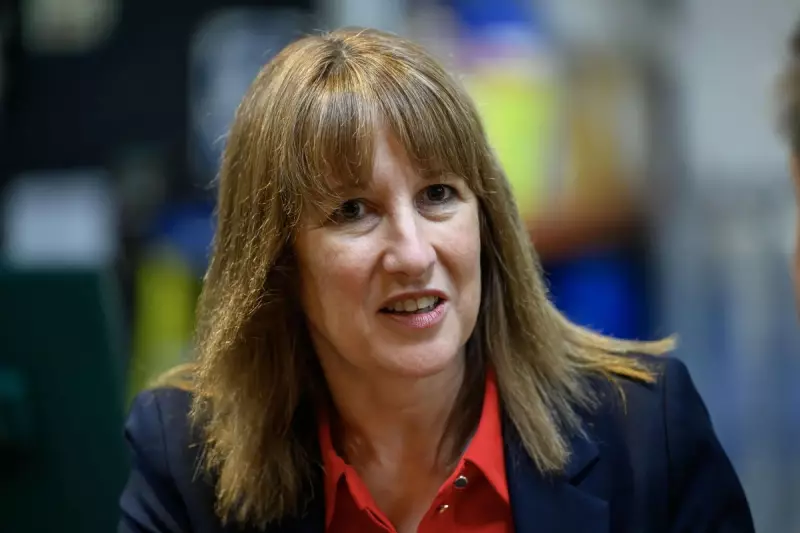
In a significant economic announcement, Shadow Chancellor Rachel Reeves has definitively ruled out implementing a wealth tax if Labour forms the next government. The declaration comes as a clear positioning move ahead of the upcoming budget and potential general election.
The Labour frontbencher stated unequivocally that she has "no plans for a wealth tax" and emphasised this position was "not an area I'm looking at." This firm commitment puts to rest speculation about potential wealth taxation under a future Labour administration.
Pensions Protection Promise
Reeves went further to reassure pension holders, explicitly promising that Labour would not introduce new taxes on pensions. "We're not going to be raising taxes on pensions," she confirmed, addressing concerns about retirement savings security under a potential Labour government.
The shadow chancellor's announcement represents a notable shift from Labour's traditional tax-and-spend approach, signalling a move toward what she describes as a "pro-business, pro-worker" economic strategy.
Political Strategy Behind Tax Pledge
Political analysts suggest this tax pledge serves multiple strategic purposes:
- Neutralising Conservative attacks on Labour's tax policies
- Appealing to middle-class voters concerned about financial security
- Positioning Labour as fiscally responsible ahead of election campaigning
- Building business confidence in Labour's economic management
Reeves emphasised that Labour's focus would be on stimulating economic growth rather than increasing taxes on wealth or pensions. This approach marks a clear departure from the party's 2019 manifesto positions and indicates the direction Keir Starmer's Labour would take in government.
Broader Economic Context
The tax commitment comes amid ongoing economic challenges including:
- Persistent inflation concerns
- Pressure on public finances
- Growing demands on the welfare system
- Need for increased public service funding
By ruling out wealth taxes, Labour faces the challenge of identifying alternative revenue sources while maintaining its spending commitments. Reeves indicated the party would focus on closing tax loopholes and stimulating economic growth to fund public services.
The announcement sets clear battle lines for the economic debate in the coming months, with Labour seeking to position itself as the party of fiscal responsibility while the Conservatives are likely to question how spending promises will be funded without additional taxation.





